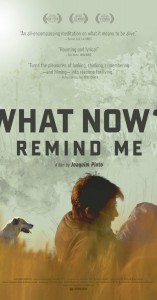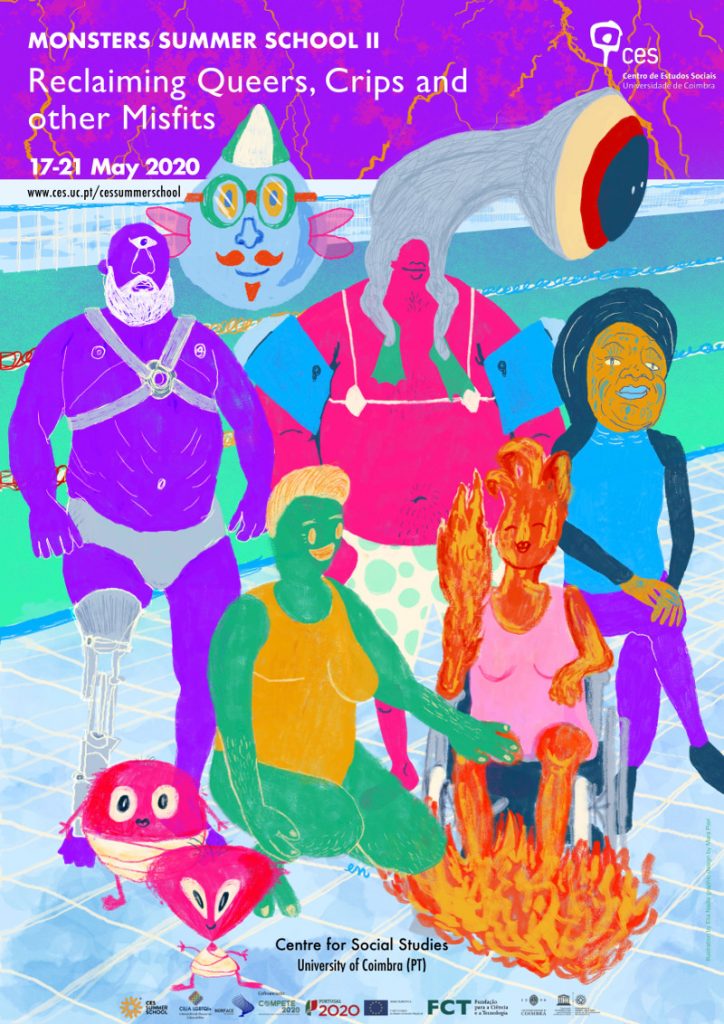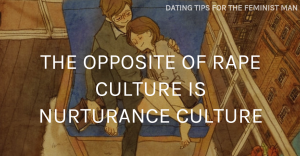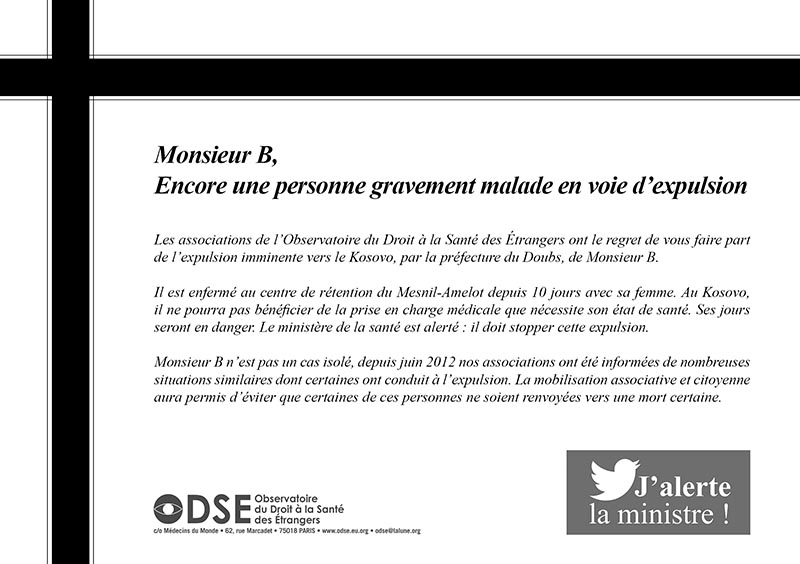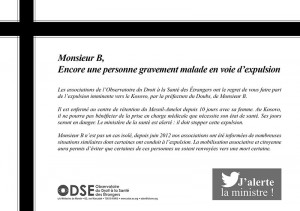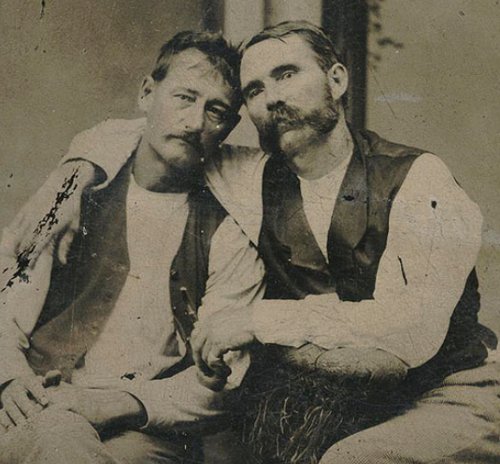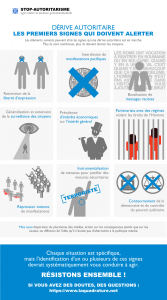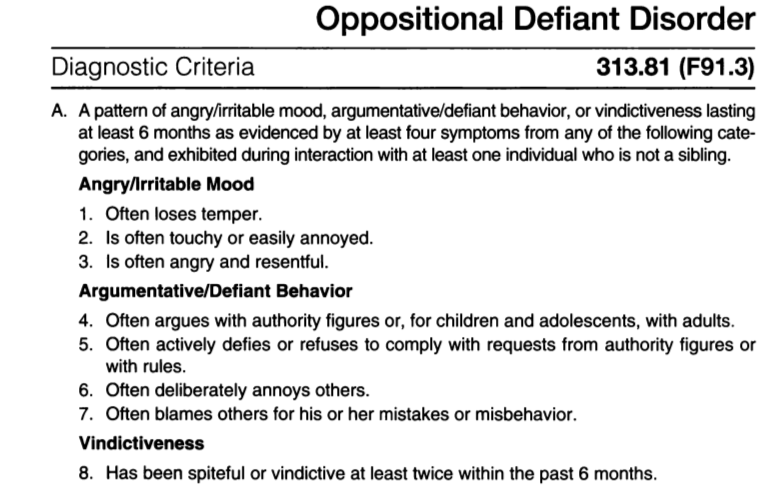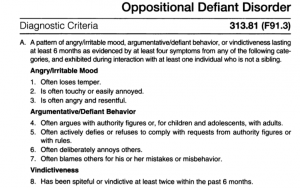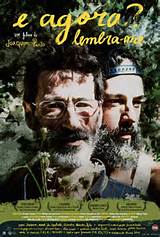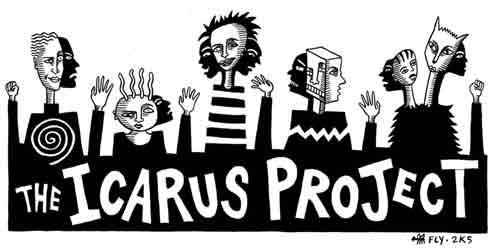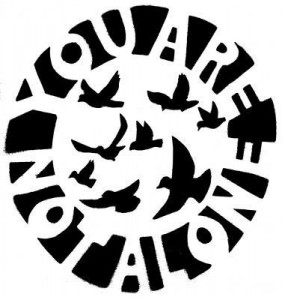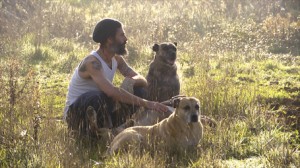
Portuguese film sound engineer, producer and director Joaquim Pinto has been living with HIV and Hepatitis C for years and lost quite a few of his friends and collaborators to the virus along the way.
Beaten but not down, blurred yet bright and sharp, he offers a rare testimony with E agora ? Lembra-me a personal diary he filmed over a year as he was undergoing experimental drug testing in Madrid. His collections and recollections though, are mostly set in and outside the home he shares with his long love and husband Nuno (also infected) in a dry luminous countryside of Portugal.
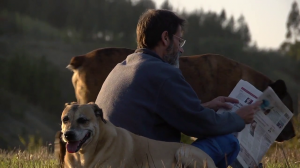
As the four seasons go round we are invited to feel along the repercussions of the clinical trials, but mostly the passing of time, with its very own pace, its redundancies big and small, challenging will, challenging life, the questions and, eventually, the answers only time can bring… The movie opens with a shot of a slug crossing the screen on a dead leaf: You could not accelerate certain processes even if you would, so bear with them. The trips to Madrid, transiting through frantic airports, seem all the more brutal in that perspective (Why do we do that to ourselves ? is among the questions that are raised).
While the announced intention of the film is to record and evaluate the effects of the drugs tested in Madrid (noting side effects you’ll never read about in a drug leaflet) it soon appears that the subject is not so much that but rather other forms and ingredients of care, which although not mentioned as such (and maybe they shouldn’t!) become evaluated in parallel, much more positively. Pretty honestly or “sem merda” as some friends around me have put it.
So yes, honestly : At the end of the day what is really keeping Joaquim, Nuno, us, alive through hardships ?
Here are some suggestions from the film:
Love, definitely. Partnerships, setting the preservation of (a good) life and care of one another as priorities… Abundance of fresh air and sunlight, a connection with nature, mediated by animals, through farming, all of which help keep regular (and circadian) cycles of work, play, rest… Being responsible for someone else, caring for them, a lover, an old dog, a young tree threatened by drought and wildfires… A connection with past generations, some sort of historical inscription in the community of mankind and on the tree of life on earth (“we are not special, just recent”)… Peaceful renunciations to what is no longer suited, all the while reaffirming commitments to what matters most… Solidarity, sharing information, experiences, expression of the voices of the weak… A relative autonomy and self-sufficiency, carefully balancing the dependencies to absurd and adverse economical and healthcare systems… Critical thinking, intellectual curiosity… Creativity, art… Cinema..? As a critic notes “this hypnotic video essay eases the discomforts of the flesh with the comforts of moviemaking” and “the film repeatedly erases the neutral hues of sickness with the lush vibrancy of nature.” So it does.
